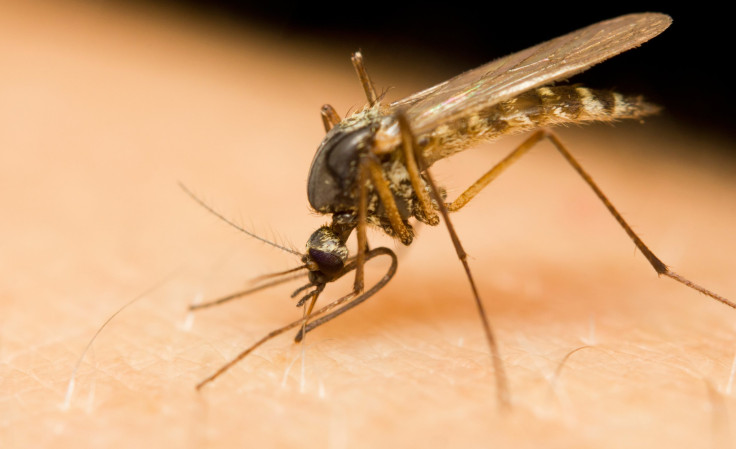Malaria Vaccine Developments In The Works After Discovery Of Virus-Trapping Antibody

A team of researchers has identified a protein that is capable of trapping malaria-causing parasites inside red-blood cells, thus preventing their spread throughout the body. This discovery could potentially lead to the development of a vaccine against the deadly malaria virus.
Six years ago, researchers from Rhode Island Hospital began using samples from 785 Tanzanian children to help identify a novel vaccine. The study eventually transitioned to live animal experiments. Mice were purposely infected with the malaria virus and then administered with either one of five vaccine candidates or a placebo, according to the press release.
Results showed that mice administered with Schizont Egress Antigen-1 (PfSEA-1), exhibited lower levels of malaria parasites and survived longer than unvaccinated mice. “While a portion of this research was conducted in mice, the actual vaccine discovery experiments were performed using human samples, thus we believe the results will effectively translate to humans," Jonathan Kurtis, a researcher on the study, explained in the press release.
How It Works
The researchers were able to identify which protein enabled malaria-causing parasites to escape from the red blood cells and enter the body. Using this information, they then created an antibody capable of preventing this from occurring. "When my post-doctoral fellow Dipak Raj discovered that antibodies to this protein, PfSEA-1, effectively trapped the malaria-causing parasite within the red blood cells, it was truly a moment of discovery,'" Kurtis explained. “Many researchers are trying to find ways to develop a malaria vaccine by preventing the parasite from entering the red blood cell, and here we found a way to block it from leaving the cell once it has entered. If it's trapped in the red blood cell, it can't go anywhere … it can't do any further damage."
Exciting Times
Once the researchers realized the potential malaria-fighting powers of PfSEA-1, they went back and re-analyzed the original samples from the Tanzanian children. Amazingly, there was not a single case of severe malaria found in children who naturally possessed antibodies to PfSEA-1. Still not convinced of the connection, the researchers compared their findings to a different set of data, this one containing samples collected from 140 children in Kenya. Again, similar results were seen. Kenyan children with antibodies to PfSEA-1 had half the amount of parasitemia than those without the antibody.
Next Step, Human Trials
These new findings are strong enough to warrant initialization of Phase I trials in humans “very soon,” Kurtis explained. "Our findings support PfSEA-1 as a potential vaccine candidate, and we are confident that by partnering with our colleagues at the National Institutes of Health and other researchers focused on vaccines to prevent the parasites from entering red blood cells, we can approach the parasite from all angles,” the doctor added. He believes all this will help scientists reach their eventual goal of developing an effective malaria vaccine.
Malaria Facts
Malaria is a serious and often fatal disease that is spread through mosquitos. It causes high fevers, shaking chills, and flu-like symptoms. It is estimated that in sub-Saharan Africa and Southeast Asia malaria kills one child every 15 seconds. The Centers for Disease Control and Prevention estimates that in the U.S. alone there are about 1,500 cases of malaria diagnoses every year, although these usually occur in travelers and immigrants returning from countries where malaria transmissions occur.



























